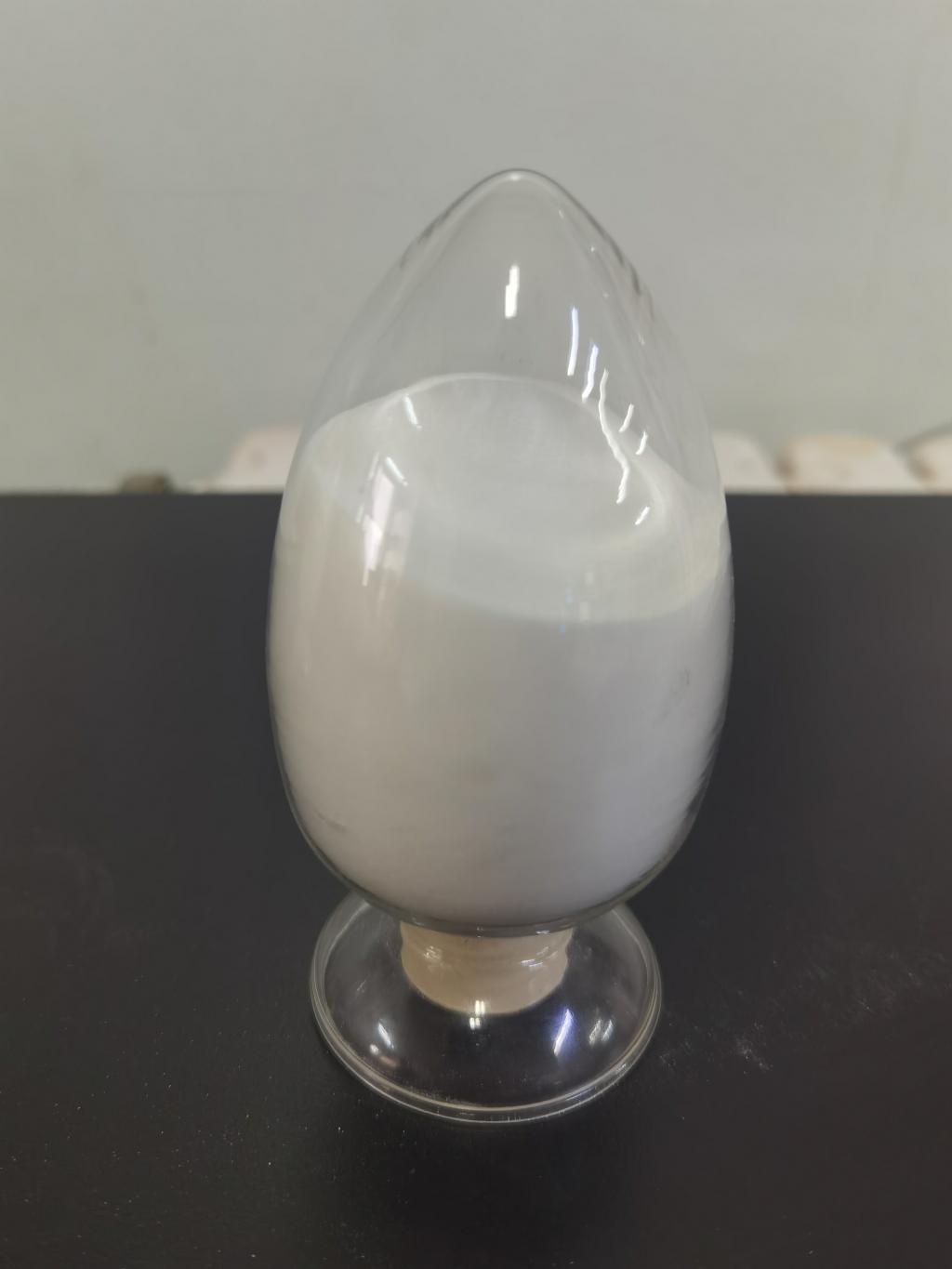Tel:+8618231198596

News
 CONTACT
CONTACT
 CONTACT
CONTACT
- Linkman:Linda Yao
- Tel: +8618231198596
- Email:linda.yao@dcpharma.cn
- Linkman:CHARLES.WANG
- Department:Overseas
- Tel: 0086 0311-85537378 0086 0311-85539701
News
ε-Polylysine Hydrochloride's Potential in Improving Food Safety Education and Awareness.
TIME:2023-09-25
The Significance of Food Safety Education and Awareness
Food safety education and awareness are crucial for several reasons:
Public Health: Foodborne illnesses can result in severe health consequences, including hospitalizations and fatalities. Educating consumers and food handlers about safe food practices is essential for preventing such illnesses.
Economic Impact: Foodborne outbreaks have significant economic implications, including costs related to medical treatment, product recalls, and reduced consumer confidence. A well-informed public can contribute to the prevention of outbreaks and their associated costs.
Consumer Confidence: Consumers are increasingly concerned about the safety of the food they purchase and consume. Transparent information and education build consumer trust in food products and brands.
Regulatory Compliance: Food safety regulations and standards are in place to protect public health. Education and awareness help individuals and businesses comply with these regulations, reducing the risk of non-compliance and legal repercussions.
ε-Polylysine Hydrochloride: A Natural Antimicrobial Agent
ε-Polylysine hydrochloride is a cationic polymer produced by certain strains of soil bacteria. It has been widely used in the food industry as an antimicrobial agent and preservative. Its unique properties and benefits position it as a valuable tool in improving food safety education and awareness.
Mechanism of Action
The antimicrobial activity of ε-Polylysine hydrochloride is primarily attributed to its ability to disrupt the cell membranes of microorganisms. It forms complexes with negatively charged molecules on the microbial cell surface, leading to membrane destabilization, leakage of cellular contents, and eventual cell death. This mechanism of action makes it effective against a broad spectrum of microorganisms, including bacteria and fungi.
Improving Food Safety Education and Awareness with ε-Polylysine Hydrochloride
ε-Polylysine hydrochloride contributes to food safety education and awareness through various applications:
1. Food Preservation
One of the primary applications of ε-Polylysine hydrochloride is in food preservation. It effectively inhibits the growth of spoilage microorganisms and pathogens, extending the shelf life of various food products. This extension of shelf life can be communicated to consumers as a clear benefit of using products treated with ε-Polylysine hydrochloride, enhancing awareness of the technology.
2. Labeling and Transparency
Transparent labeling is a cornerstone of food safety education. Products containing ε-Polylysine hydrochloride can include clear and informative labeling indicating its use as an antimicrobial agent. This transparency builds trust by informing consumers about the presence and purpose of the additive.
3. Safe Food Handling
Educational materials and campaigns can highlight the role of ε-Polylysine hydrochloride in food safety. Information can be disseminated to consumers, food handlers, and foodservice establishments to promote safe food handling practices, emphasizing the importance of antimicrobial agents like ε-Polylysine hydrochloride in preventing foodborne illnesses.
4. Reducing Food Waste
Food waste is a significant issue related to food safety and sustainability. ε-Polylysine hydrochloride's ability to extend the shelf life of food products can be emphasized in food waste reduction campaigns. Educating consumers about the technology's role in reducing waste can foster appreciation for its impact on both safety and sustainability.
5. Public-Private Partnerships
Collaboration between government agencies, industry stakeholders, and educational institutions can promote food safety education and awareness. ε-Polylysine hydrochloride manufacturers can partner with these entities to support research, develop educational materials, and promote best practices in food safety.
Challenges and Considerations
While ε-Polylysine hydrochloride holds promise in improving food safety education and awareness, there are some challenges and considerations:
1. Regulatory Compliance
The use of ε-Polylysine hydrochloride in food products must comply with regulatory guidelines in different regions. Manufacturers must ensure that their products meet safety standards and labeling requirements.
2. Consumer Perception
Consumer awareness and perception of food additives and preservatives can influence acceptance. Educating consumers about the safety and benefits of ε-Polylysine hydrochloride in food safety education is essential.
3. Collaboration
Effective food safety education and awareness efforts often require collaboration among various stakeholders, including government agencies, industry, and educational institutions. Building and sustaining these partnerships can be challenging but is crucial for success.
Conclusion
Food safety education and awareness are vital components of a robust food safety system. ε-Polylysine hydrochloride, with its antimicrobial properties and food preservation capabilities, has the potential to play a significant role in improving food safety education and awareness. Its ability to extend shelf life, prevent foodborne illnesses, reduce food waste, and promote transparent labeling aligns with the goals of informing and empowering consumers and food handlers to make safe choices in the food supply chain. While regulatory compliance, consumer perception, and collaboration remain important considerations, the contribution of ε-Polylysine hydrochloride to food safety education and awareness cannot be underestimated. As the global food system continues to evolve, ε-Polylysine hydrochloride stands as a valuable ally in building a safer and more informed food landscape for all.
- Tel:+8618231198596
- Whatsapp:18231198596
- Chat With Skype







